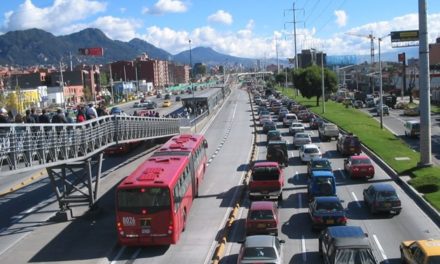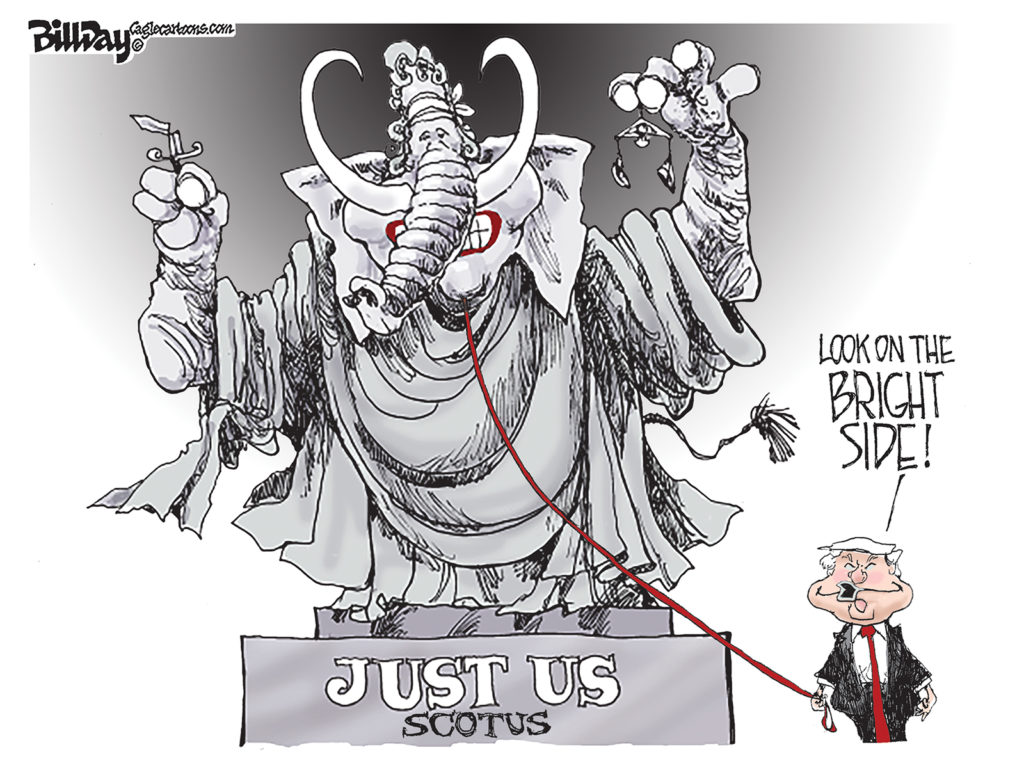Memphis, TN — I-269 is featured in the Sierra Club’s new national report: Smart Choices, Less Traffic: 50 Best and Worst Transportation Projects in the United States.
Sierra Club Chickasaw Group today highlighted the need to move beyond oil and why I-269 is an example of the kinds of projects that will keep the Memphis area dependent on oil for our daily transportation needs.
“Transportation infrastructure we build today will be with us for decades,” said Dennis Lynch, Transportation Chair for Sierra Club’s Chickasaw Group. “I-269 is an example of infrastructure that we simply cannot afford, it should not be part of a 21st century transportation system for our community. Although most of I-269 in Tennessee is already built, we need to learn from the experience and make sure that future transportation
projects in the area increase the variety of transportation options available, and make our employment centers accessible to all workers.”
“The completion of I-269 will cause great challenges to Memphis and Shelby County,” said Jim Strickland, Memphis City Councilman. “It will make it easier to work in the city or county, but live outside the county, thereby negatively impacting our tax base.”
“The Sierra Club’s report: ‘Smart Choices, Less Traffic’ provides an impetus for activists and planners to get together and think more deeply about how we can move the Memphis region in a positive direction,” said Scott Banbury, Conservation Chair for Sierra Club’s Chickasaw Group. “Decision makers and influencers need to develop transportation and land use strategies that reflect the kind of communities that we all desire.”
“Our region’s new outer beltway loop, I-269, presents a serious challenge to smart growth. Local history shows that highway projects have opened up our region for sprawl.” Sarah Newstock, from Livable Memphis. “If unfettered growth is allowed to occur along the corridor, more of our neighborhoods will be left behind.”
“We should work for the strength of the region, development of the core, and reduced dependence on oil.” said Mr. Lynch. “Equal money should be spent to revitalize transportation within Memphis for livability, using complete streets policies and approaches. Any investment in infrastructure that is not part of an appropriate regional strategy is a negative for the region. Under MAP 21 (Moving Ahead for Progress), the nation’s new transportation policy, we have the opportunity to ensure that Tennessee invests in the transportation projects that help us to move beyond oil.”
We can and should demand the best use of our transportation dollars. This I-269 project will keep us driving deeper into oil dependence and climate disruption. We can no longer afford to build roads that were planned when gasoline was $1 gallon or less. Let’s invest in transit, biking and walking and rail – projects that will help us all save money at the pump.
Initial proposals for the road were opposed by the citizens and mayors of Memphis and Shelby County, citing “nothing but problems for Memphis”. They feared the project would induce sprawl and deepen economic segregation in the region.
The Memphis MPO’s DRAFT report- “I-269 Tennessee Vision Study” encourages exurban officials to think about what type of development they want, but the impacts to the region and core city Memphis are not properly addressed. Major roads should not be built without fully understanding regional impacts.
The full report is available here:
http://content.sierraclub.org/beyondoil/content/smart-choices-less-traffic





Memphis and Shelby County must address the underlying problems that seem to cause urban sprawl–seriously underperforming schools, antagonistic government relations, trust in governmental structures and leaders. I don’t believe highways cause sprawl. I think that the underlying problems cause people to seek ways out of the problems.
Eddie,
If that were the case then well managed cities should not be girdled with sprawl. The reality is that to some degree or other, every city is defined by low density, inefficient suburban sprawl.
The neighboring towns and counties have grown and not just because people leave Memphis. Everything has not originated in Memphis.
I-269 is a state highway that serves the needs of municipalities that neighbor Memphis.
“municipalities that neighbor Memphis”
…yeah b/c places like Millington- with a population of 10,500 people- is definetly in need of a freeway. Right.
In addition to Millnton’s population of 10,500, there is also Fayette’s 36000, Arlington’s 11000, Collierville’s 44000, and DeSoto’s 100,000+.
There was no logical justification for I-269 when it came to the traffic needs of the towns and over time, the highway will drain resources and revenues from the towns who think that it’s there to help them.
We have labored too long under the notion that government has to provide infrastructure to those who move to the edges of the county. It was their decision to move there and it’s financially unsustainable to think that the rest of us have to pay for their life choices.
I did not realize that only memphians paid for that highway.
The I-269 Corridor is by far the worst planned transportation project I have ever seen. Building a loop where its closest point is 25 miles from Downtown Memphis is absolutely ridiculous. 240 is underutilized as it and adding a second loop would bring Memphis to the same infrastructure level as cities like Houston, Dallas, and Atlanta – all of which have growing populations, exploding economic growth, and horrible congestion issues. Arguably, Memphis has none of these. Shelby county’s population is not growing enough to support this project, its economic base needs to be consolidated for the tax base- not spread further, and there are currently NO congestion problems in the areas that are nearest to I-269 (see the Vision Plan). Why then is it necessary to build a new road where no need exists?